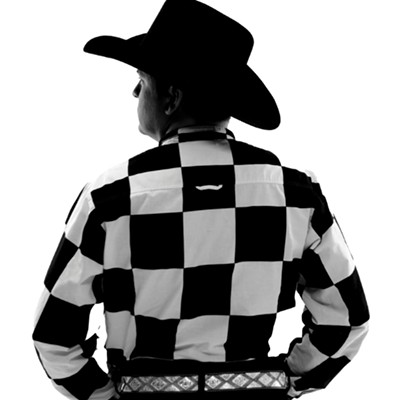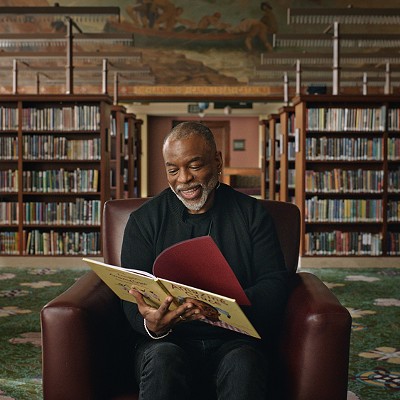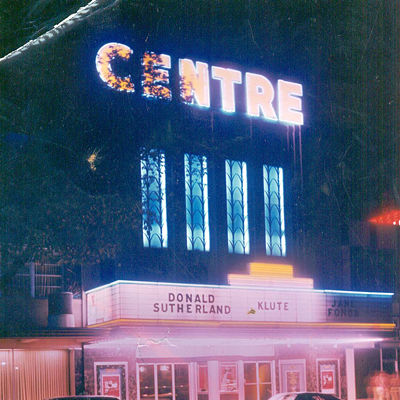
The film zeros in on a Haredi (which means “those who tremble before God”) Jewish population living in modern-day Tel Aviv, Israel. Amid celebrating the Jewish holiday of Purim, a family mourns the death of Esther (Renana Raz, Munich), who dies giving birth to her first son, Mordecai.
Esther’s death sends a shock wave of grief through the community. Attempting to keep her family together, Rivka (Irit Sheleg), Mordecai’s grandmother, tries to persuade her surviving daughter, teenaged Shira (Hadas Yaron), to marry her newly widowed brother-in-law, Yochay (Yiftach Klein). Doing so would prevent him from accepting a marriage offer in Belgium.
Opening exclusively Friday at AMC Quail Springs Mall 24, 2501 W. Memorial, Fill the Void reveres the established boundaries of the Haredi sect: men and women do not touch onscreen; the women are modestly clothed; and wives are distinguished with covered heads. While the men are liable to break into prayer songs at any given moment, women in the same room sit in silence, evidently in submission.
Most central to the story, life revolves around marriage. A woman’s greatest fear is to remain alone, revealed through Shira’s aunt, who has never married, but covers her head to avoid invasive questions.
Debuting director-writer Rama Burshtein is a practicing member of the Haredi sect of Judaism. Growing up a secular Jew, she was born in America and attended film school in Jerusalem. She became a member of the Haredi community at 27.
Accordingly, Burshtein makes no criticisms of time-honored Haredi traditions. Shira doesn’t have a deep desire or fantastic plan to escape and integrate into modern society, nor is she necessarily repressed in her community. Like most 18-year-olds, she has pivotal choices to make, but she makes them without pressure from her family.
What’s more significant about this Hebrew-language film is the fact that the director truly understands the subject. Unlike skeptical, if cautious, secular representations of orthodox-Jewish life, Burshtein creates a balanced love story that just so happens to take place within a Haredi community in Israel.
Fill the Void doesn’t ask viewers to leave personal ideologies at the door, but it does require a sense of neutrality — women are quite obviously the mysterious “Other” to the community’s men, and no one challenges the established gender roles.
However, while the film confirms orthodox Judaism’s unwavering conservatism, it challenges oversimplified perceptions of traditional religious communities.
While it may lag in some places, Fill the Void leaves plenty of room for post-viewing discussion. —Aimee Williams











